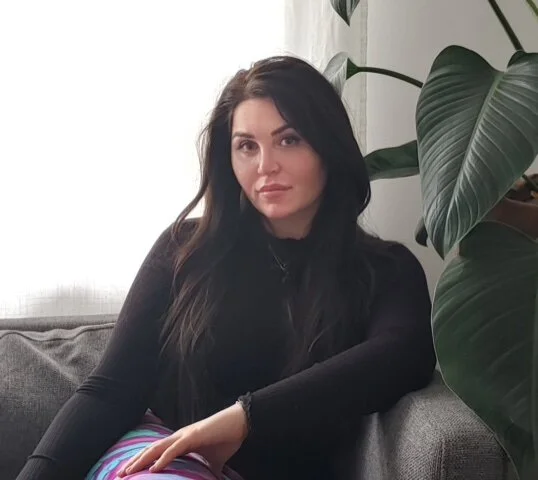Rachel Levine
If dogs are considered humans’ “best friend,” how does an artificially intelligent pet compare?
Cultural anthropologist Rachel Levine has been awarded a 2021 Arts & Science Postdoctoral Fellowship to study human relationships with robotic pets under the guidance of Assistant Professor Ishtiaque Ahmed.
Levine’s project will examine everything from the design and production of robotic pets to their distribution and eventual use for private companionship, in treatment programs, and in long-term care homes.
Increasing interest in robotic pets — especially during the COVID-19 pandemic — has revealed one of the many ways that humans are forging meaningful relationships with AI. Their growing popularity comes against a backdrop of widespread “public suspicion that intelligent agent technology and machine learning will corrode social bonds and increase social isolation,” she explains.
“These relationships provide good reason to expand the very concept of ‘artificial intelligence’ to account for emotional intelligence, naturalistic intelligence, and other expressions of social morality: qualities that people seek out through pet ownership,” says Levine.
Through her research, Levine hopes to provide an expanded understanding of these relationships to a broad range of stakeholders including scholars, service providers, and health and policy experts.
“At DCS, I look forward to drawing on my training as a cultural anthropologist to contribute to the diversification of future research, and to joining students and faculty at the table for interdisciplinary debates on posthumanism, critical animal studies, and emergent economies of care,” Levine says.
Professor Ahmed, whose research is at the intersection of computer science and the critical social sciences, is excited about Levine’s opportunity to examine the ethics of AI from a new angle.
“I believe that this project has great potential to (re)assess some of the foundational aspects of modern practices in artificial intelligence, and their deep relationship with nature,” he says.


